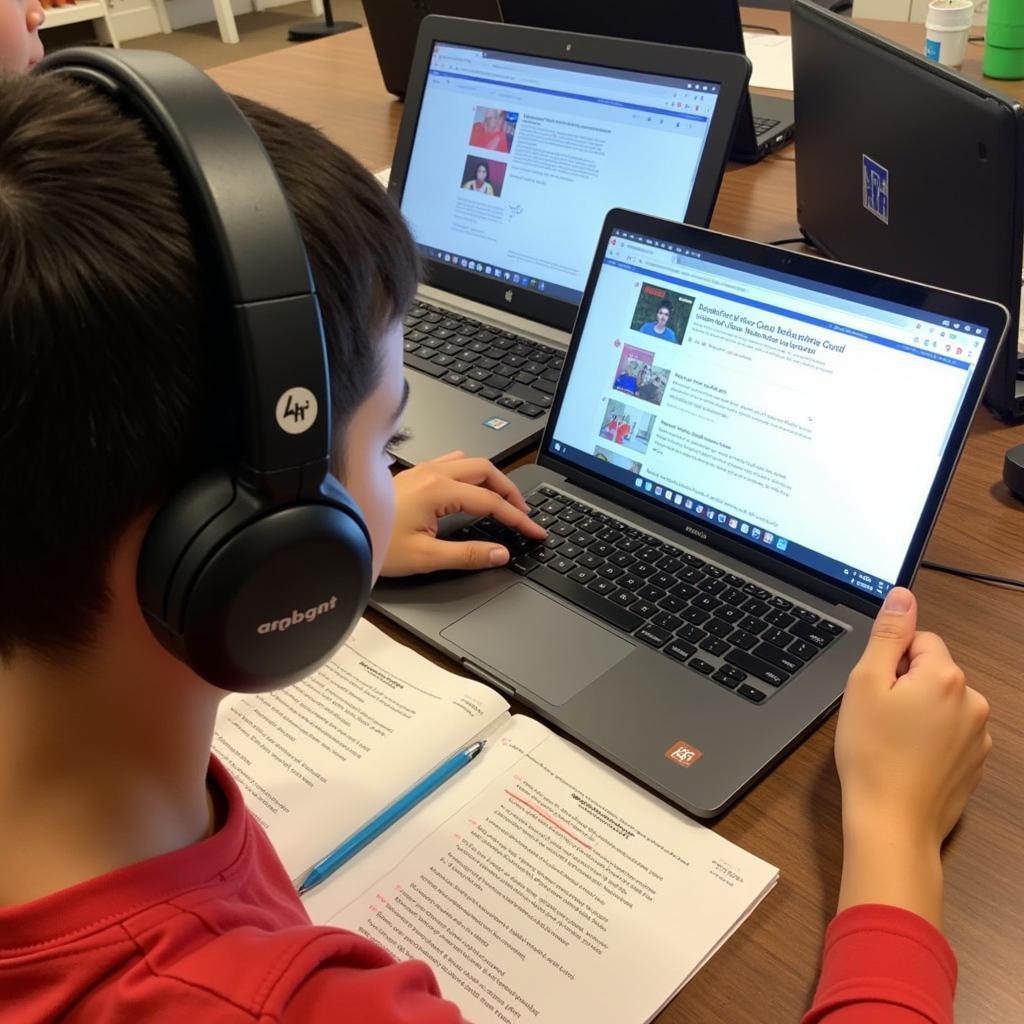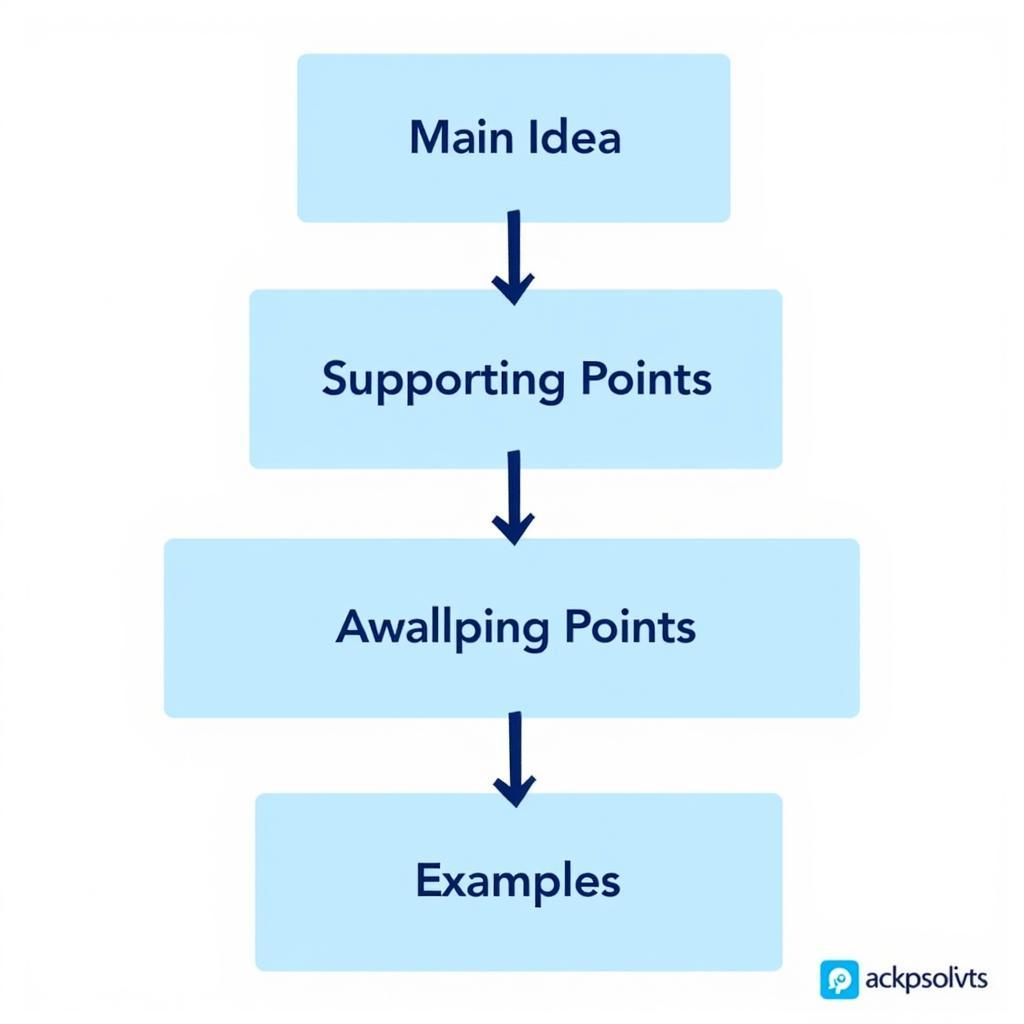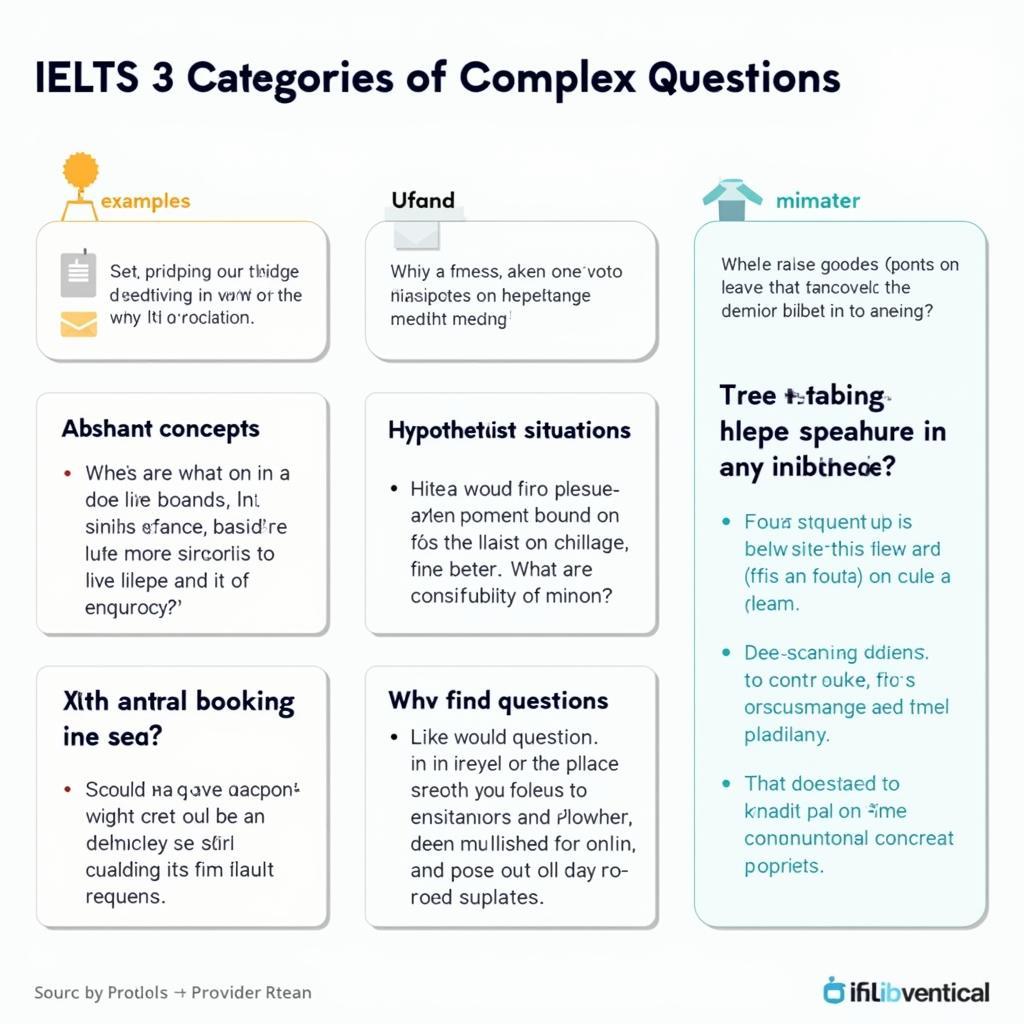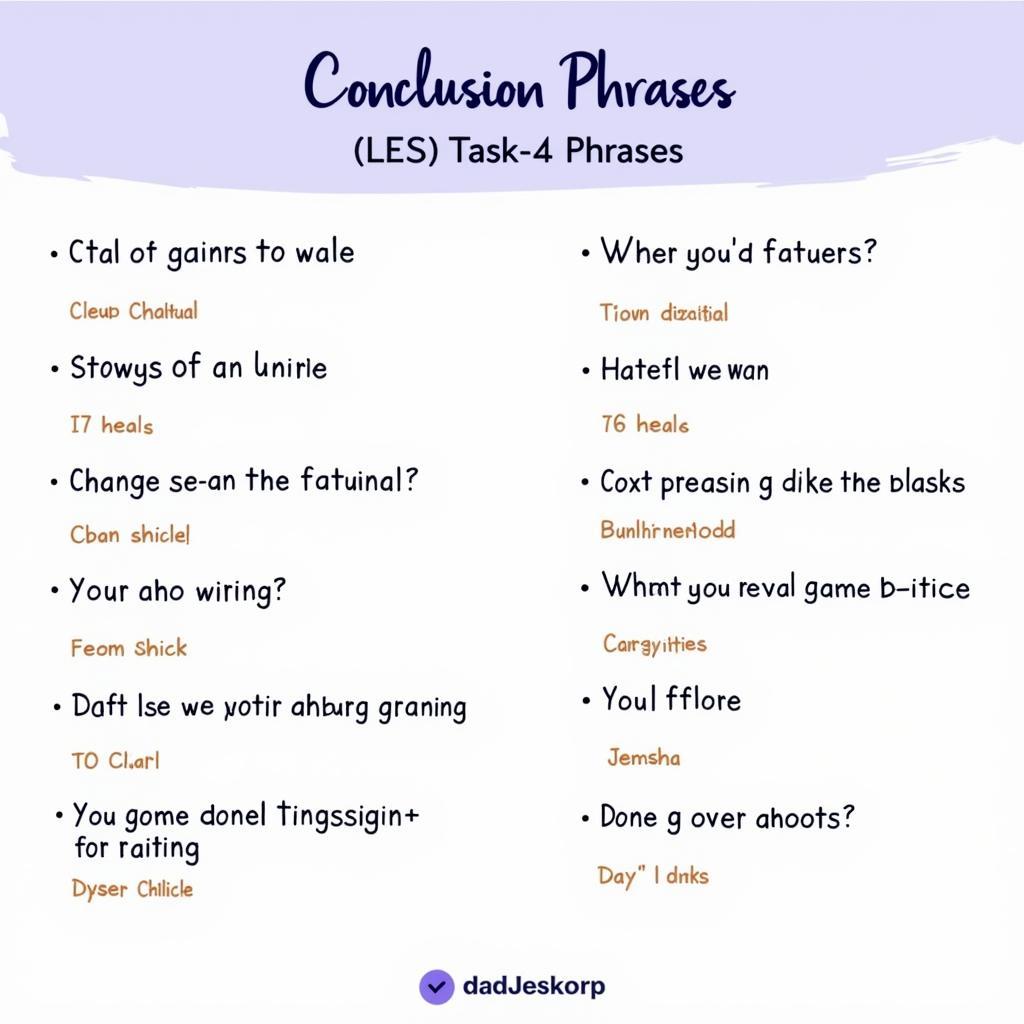Learning to understand various accents in IELTS Listening can be challenging, but it’s crucial for achieving a high score. As accents from different English-speaking countries frequently appear in the test, developing strong accent recognition skills is essential for success.
Table Of Contents
- Understanding the Importance of Accent Familiarity
- Common Accent Variations in IELTS
- Effective Strategies for Accent Recognition
- 1. Immersive Listening Practice
- 2. Focus on Sound Patterns
- Advanced Techniques for Accent Mastery
- Creating a Structured Practice Plan
- Common Challenges and Solutions
- Speed and Pronunciation
- Regional Variations and Idioms
- FAQ Section
Understanding the Importance of Accent Familiarity
The IELTS Listening test intentionally features speakers with different accents, primarily British, American, Australian, and Canadian. This variety reflects real-world situations and how to handle unfamiliar vocabulary in IELTS listening scenarios effectively.
Common Accent Variations in IELTS
- British (RP and regional accents)
- North American (US and Canadian)
- Australian and New Zealand
- Irish and Scottish
- South Asian varieties
Effective Strategies for Accent Recognition
1. Immersive Listening Practice
Start by how to practice fluency through media. Regular exposure to different accents helps build natural recognition patterns.
- Watch international news channels
- Listen to podcasts from various English-speaking countries
- Stream movies and TV shows with different regional accents
- Follow YouTube channels featuring diverse English speakers
 Active Listening Practice for IELTS Preparation
Active Listening Practice for IELTS Preparation
2. Focus on Sound Patterns
Dr. Sarah Thompson, IELTS Speaking Examiner with 15 years of experience, suggests: “Pay attention to specific sound patterns in different accents. For instance, British speakers often drop the ‘r’ sound after vowels, while American speakers pronounce it clearly.”
- Study pronunciation differences
- Note common word variations
- Practice mimicking different accents
- Record and compare your pronunciation
Advanced Techniques for Accent Mastery
When how to improve listening for IELTS academic test, consider these advanced strategies:
- Shadow speaking with native speakers
- Transcribe audio from different accent sources
- Join international conversation groups
- Use accent reduction apps and tools
Creating a Structured Practice Plan
Developing a systematic approach to accent recognition is crucial for How to prepare for IELTS in 30 days?.
- Daily listening sessions (30-60 minutes)
- Weekly accent focus rotation
- Regular self-assessment
- Progress tracking
Common Challenges and Solutions
Speed and Pronunciation
Professor Michael Richards, IELTS Preparation Expert, notes: “Many students struggle with fast speech in unfamiliar accents. The key is to practice with gradually increasing speeds while maintaining comprehension.”
- Start with slower recordings
- Use speed adjustment tools
- Focus on key words and context
- Practice using indirect speech in IELTS to improve understanding
Regional Variations and Idioms
- Create a personal dictionary of regional expressions
- Study common idioms from different regions
- Practice with authentic materials
- Join online language exchange programs
FAQ Section
Q: How long does it take to become comfortable with different accents?
A: With dedicated practice, most students see significant improvement within 4-6 weeks of regular exposure.
Q: Which accent is most common in IELTS Listening?
A: British and Australian accents are frequently featured, followed by North American varieties.
Q: Should I focus on one accent at a time?
A: It’s better to expose yourself to multiple accents simultaneously, as this reflects the real test environment.
Q: How can I practice with authentic accents?
A: Use resources like BBC World Service, ABC Australia, and various English-language podcasts featuring native speakers.
Remember, improving your understanding of different accents is a gradual process that requires consistent practice and patience. Focus on regular exposure, active listening, and systematic practice to enhance your IELTS Listening performance.


